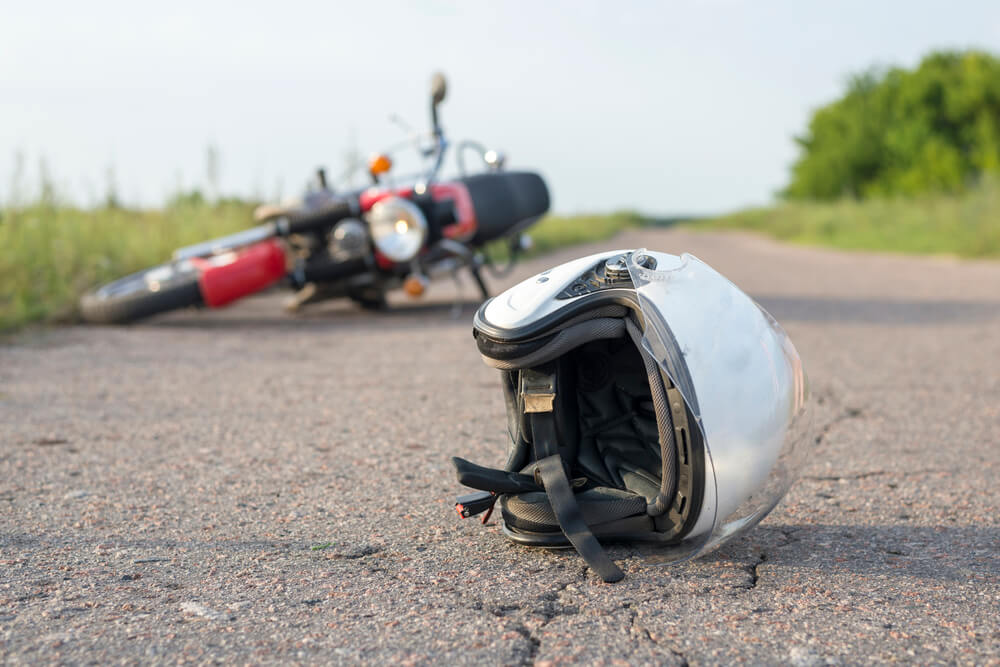With its scenic highways and vast coastline, California is a popular location for motorcycle enthusiasts. But do you need a motorcycle license in California? Before you hop on a bike and explore the Pacific Coast Highway, it’s important to make sure you’re following California’s motorcycle license laws.
Understanding Whether You Need a Motorcycle License in California

If you plan on operating a motorcycle in California, you will need an appropriate license. Riding a motorcycle is risky due to the lack of physical protection. Because of this risk, California requires motorcyclists to obtain a motorcycle license to ensure they have the knowledge and skills to drive safely.
Can You Drive a Motorcycle in California Without a License?
The law in California requires that all motorcycle operators hold a valid motorcycle license or endorsement. Specifically, you will need either a Class M1 or M2 license, depending on the type of vehicle you are operating. The Class M1 license allows you to operate any type of motorcycle, while the Class M2 license only permits the operation of motorized bicycles, mopeds or scooters.
You may face legal penalties if you drive a motorcycle without the proper license. Operating a motorcycle without a license may also negatively impact your ability to file insurance claims or take legal action in the event of an accident.
What Happens If You Get Caught Without a Motorcycle License in California?

If you’re caught driving a motorcycle without a license, you may be subject to a fine of up to $1,000 and face up to six months in jail. In addition to these penalties, your motorcycle may face impoundment, which will involve additional fees for storage and release. Furthermore, insurance companies may deny your claims if you pursue compensation for injuries or other damages.
How Do You Get Your Motorcycle License in California?
You must be at least 16 years old to apply for a motorcycle license. If you’re under 21, completing the California Motorcyclist Safety Program (CMSP) is a requirement before you can apply. For riders over 21, the CMSP is optional but highly recommended.
You will also need to pass a written knowledge test, which covers California traffic laws and motorcycle-specific regulations. The test is available at any Department of Motor Vehicles (DMV) office, and you can study using the California Motorcycle Handbook.
Once you’ve passed the written test, the next step is the motorcycle driving test. This test evaluates your ability to control the motorcycle, including maneuvers like weaving between cones, quick stops and U-turns. If you have completed the CMSP, you may be exempt from this part of the process.
As with any driver’s license in California, you will need to pass a vision test to ensure that you can see clearly enough to drive safely.
Additionally, you will need to pay an application fee, which covers the cost of processing your license.
How Much Is a Motorcycle License in California?
The cost of obtaining a motorcycle license in California varies depending on your age and specific circumstances.
The base fee for a Class M1 or M2 motorcycle license is $36. You can also expect to pay $35 for a learner’s permit. These fees cover both the written and skills tests.
If you are under 21 or choose to take the CMSP course, you will need to pay for the course. The cost can range from $395 to $425.
Once you’ve obtained your motorcycle license, you will need to renew it every five years. The renewal fee is currently $45.
What Should You Do If You’re Involved in a Motorcycle Accident?

Even if you’re following all safety precautions, accidents can still happen. The actions you take right after an accident can have a major impact on your recovery process and your ability to collect compensation. If you’re involved in a motorcycle accident, it’s important to take the following steps:
-
Seek medical attention. Your health is the top priority. Even if you feel fine, some injuries might not be immediately apparent.
-
Document the scene. Take photos of the accident scene, including damage to the vehicles, road conditions and any injuries. This documentation will be important when filing a claim or seeking compensation.
-
Gather contact information. Get the contact and insurance information of all involved parties. Additionally, if there were witnesses, try to get their contact information as well.
-
Report the accident. California law requires you to report any accident that results in injury or significant property damage to the DMV. Failing to do so can result in penalties.
-
Consult with an attorney. Motorcycle accidents can result in serious and costly injuries. At Sargon Law Group, we specialize in helping motorcycle accident victims get the compensation they deserve.
No matter how careful of a driver you are, you should always prepare for an accident. By taking the right steps after a collision, you can minimize your injuries and damages.
What Happens If You Get into an Accident Without a License?
If you ride a motorcycle without a license and get into an accident, you still may be able to seek compensation if the accident was not your fault. However, the other party’s insurance or legal team may argue that your lack of a license shows negligence, which can mean you’re partially at fault.
In California, the doctrine of comparative negligence allows you to recover damages even if you are partially at fault for an accident. However, your compensation will be reduced based on your degree of fault.
Sargon Law Group Answers Your California Motorcycle License Questions
You do need a motorcycle license in California. Failure to have one can lead to penalties and make it difficult for you to collect the compensation you need after an accident. At Sargon Law Group, our Phoenix motorcycle accident attorneys are committed to helping accident victims in Arizona, New Mexico, California, and Colorado. If you’ve been in an accident, contact us for a free consultation with a Phoenix injury attorney so we can help you receive the care and compensation you deserve.
